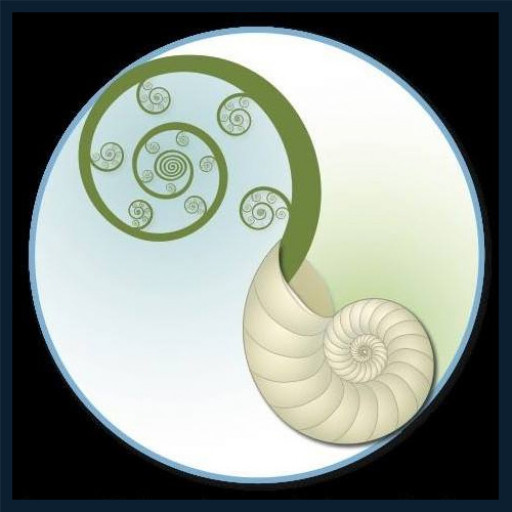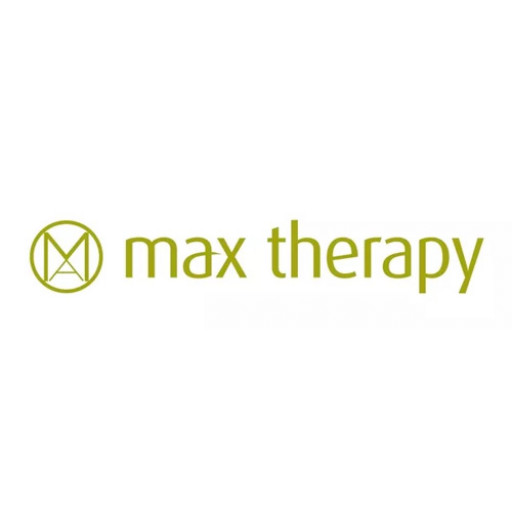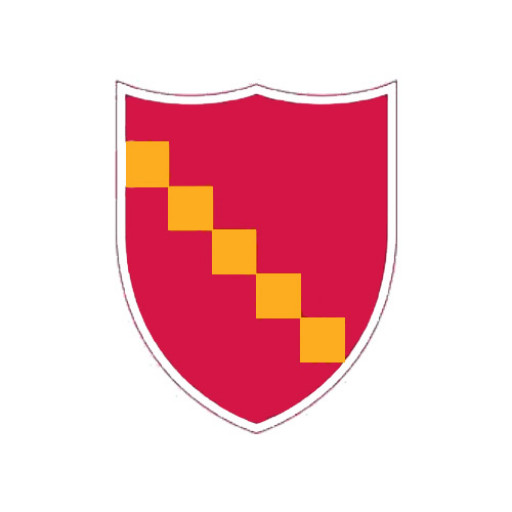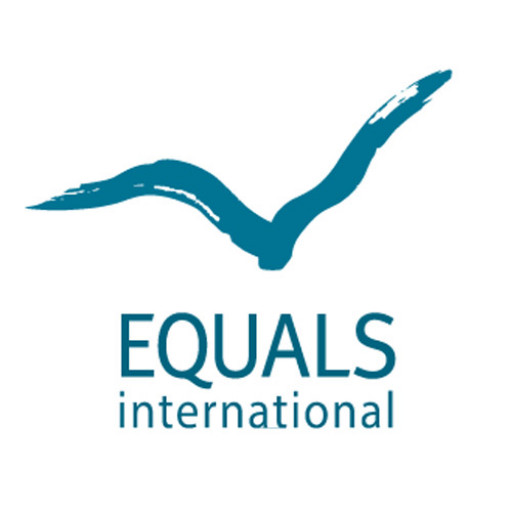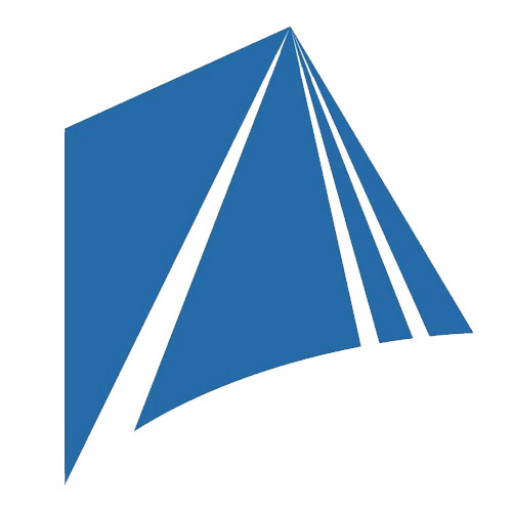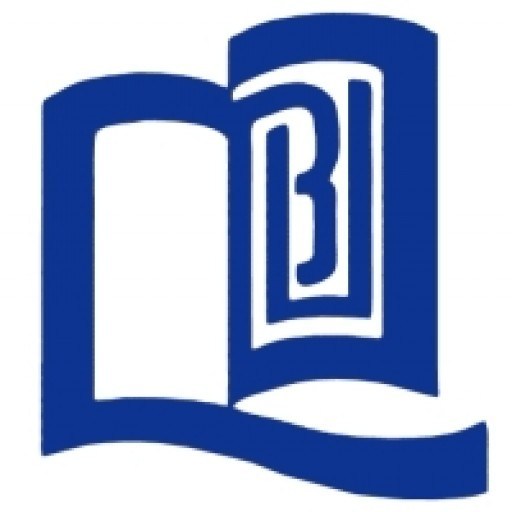Program Title: Diploma of Oriental Therapies (Shiatsu and Acupuncture)
Program Description: The Diploma of Oriental Therapies (Shiatsu and Acupuncture) at the Australian College of Eastern Medicine offers students a comprehensive introduction to traditional Asian healing practices with a focus on Shiatsu and acupuncture techniques. This program is designed to equip students with both theoretical knowledge and practical skills necessary for a career in complementary and alternative medicine. Throughout the course, students will explore the fundamental principles of Traditional Chinese Medicine (TCM), including the concepts of Qi, Yin and Yang, meridians, and acupoints, providing a solid foundation for understanding the body's energy systems and how they relate to health and disease.
The curriculum emphasizes hands-on training in Shiatsu, a Japanese therapy that involves gentle finger pressure along meridians to stimulate healing, promote relaxation, and restore balance within the body. Students will also learn acupuncture fundamentals, mastering the insertion and manipulation of fine needles to treat various conditions. The program combines theoretical lectures, practical workshops, and supervised clinical practice to ensure students develop confidence and competence in their therapeutic skills.
Students will study anatomy, physiology, pathology, and the biomedical sciences relevant to their practice, ensuring a well-rounded understanding of the human body and common health issues. Complementary subjects such as pathology, client assessment, and professional practice prepare graduates to work ethically and effectively in clinical settings. The program also emphasizes holistic approaches to health, incorporating lifestyle advice and mind-body techniques.
Graduates of this diploma are prepared to work ethically and professionally in a variety of settings, including private clinics, wellness centers, and community health organizations. They may also choose to further their education by pursuing advanced diplomas or bachelor’s degrees in natural health or related fields. With a focus on experiential learning and a commitment to cultural appreciation of traditional therapies, this program enables students to develop their skills and knowledge to positively impact clients’ health and well-being through the ancient art of Oriental therapies.
Program Content for the Bachelor of Shiatsu and Oriental Therapies at the Australian College of Eastern Medicine
The Bachelor of Shiatsu and Oriental Therapies provides students with comprehensive training in traditional Japanese Shiatsu, Chinese Medicine principles, and other Oriental therapy techniques. This program is designed to equip students with both theoretical knowledge and practical skills necessary for a successful career in holistic health and wellness. Throughout the course, students explore the fundamental philosophies of Eastern medicine, including the concepts of Qi, meridians, yin and yang, and the five elements, establishing a strong foundation for understanding the human body's energetic system.
The program covers detailed studies of Shiatsu techniques, including finger pressure, palm pressure, stretching, and manipulation, tailored to restore balance and promote natural healing. Students learn to assess and diagnose health conditions through palpation, meridian testing, and patient history, developing a holistic approach to health care. Emphasis is placed on ethical practice, client communication, and personalized treatment planning to ensure effective and compassionate therapy delivery.
In addition to Shiatsu, the curriculum integrates studies in Oriental therapies such as Tui Na (Chinese therapeutic massage), acupressure, moxibustion, and herbal medicine, offering a well-rounded approach to traditional healing methods. Students gain practical experience through supervised clinics, where they apply their skills in real-world settings, gaining confidence and professional competence. The program also incorporates contemporary health and safety standards, ensuring students are prepared to work safely and effectively within the health industry.
The Bachelor program is structured to include research components, enabling students to critically evaluate current practices, contribute to the body of knowledge in Eastern therapies, and engage in evidence-based treatment methods. Graduates are prepared for registration with relevant health authorities and are encouraged to pursue ongoing professional development. This program ultimately aims to produce skilled, ethical practitioners committed to holistic health, blending traditional wisdom with modern healthcare standards.
Program Requirements:
Students enrolling in the Bachelor of Health Science (Traditional Chinese Medicine) at the Australian College of Eastern Medicine must meet specific entry criteria to ensure they possess the foundational knowledge and skills necessary for successful completion of the program. Applicants are generally required to have completed a recognized secondary education qualification, such as Year 12 or an equivalent, with competitive results. Additionally, English language proficiency may be necessary for international students, with acceptable scores in tests such as IELTS or TOEFL.
Prospective students must also demonstrate an interest in traditional Chinese medicine and related health disciplines, often through an application process which may include a statement of purpose and interviews. Prior healthcare experience is not mandatory but can be advantageous. Once admitted, students are expected to complete all core coursework, including foundational subjects such as anatomy, physiology, and Traditional Chinese Medicine theory, as well as practical training in acupuncture, acupressure, and herbal medicine. Clinical practice requirements involve supervised internships at approved clinics, where students gain hands-on experience in diagnosing and treating patients.
The program emphasizes a multidisciplinary approach, integrating Western health sciences with traditional Eastern therapies, so students should be prepared to undertake coursework across diverse subjects. Successful completion requires passing written exams, practical assessments, and clinical evaluations, maintaining a minimum standard of academic performance as specified by the college's policies. Students are also encouraged to participate in workshops, seminars, and continuing education modules to enhance their practical skills and theoretical understanding.
To graduate, students must meet all academic and practical requirements, including achieving a set number of clinical hours as stipulated in the program outline. They also need to adhere to the college's code of conduct and professional standards, which emphasize ethics, confidentiality, and patient care quality. Graduates of the program are eligible to register for practice as traditional Chinese medicine practitioners and may pursue further specializations or postgraduate study options. Throughout the program duration, students are expected to attend all classes, complete assignments on time, and actively engage in their own professional development to ensure they acquire comprehensive competence in Shiatsu and Oriental Therapies as recognised by health authorities in Australia.
The Australian College of Eastern Medicine offers various financing options to assist students in funding their studies in Shiatsu and Oriental Therapies. Prospective students can explore a range of financial assistance programs, including government loans, scholarships, and payment plans. The government-supported Vocational Education and Training (VET) Student Loans scheme may be applicable to eligible students, providing financial support to cover tuition fees. To qualify, students must meet specific criteria, and the loan is repaid through the tax system after graduation. Additionally, the college offers scholarships based on merit and need, which can significantly reduce the financial burden for selected students. These scholarships aim to promote access to education and recognition of academic or professional achievement in the field of traditional Chinese medicine and related therapies.
Payment plans are also available to facilitate flexible installment schedules, allowing students to distribute their tuition payments over the duration of the course. This option helps reduce the upfront financial commitment and makes studies more accessible for a wider range of students. International students, in particular, should investigate specific funding options available to them, including potential scholarship opportunities and alternative financial arrangements.
Students are encouraged to contact the college’s admissions or student services departments for detailed information on current financing options, application procedures, and eligibility criteria. The college strives to support students financially by providing clear guidance and assistance throughout the application process. It is important to note that the availability and terms of financing options may change and are subject to governmental policies and institutional updates. Therefore, prospective students should seek the most recent and official information directly from the Australian College of Eastern Medicine. Overall, the college aims to make education in Shiatsu and Oriental Therapies accessible and affordable, empowering students to develop their skills and pursue their careers in this growing field.
The Australian College of Eastern Medicine offers a comprehensive program in Shiatsu and Oriental Therapies designed to equip students with the skills and knowledge necessary to practice traditional Japanese massage and related therapies. This program emphasizes the holistic approach characteristic of Eastern medicine, combining theoretical understanding with practical application. Students study core concepts such as meridian theory, acupressure techniques, anatomy, physiology, and diagnostic methods rooted in traditional Chinese and Japanese medicine. The curriculum includes detailed training in Shiatsu techniques, ergonomic principles, and client management to ensure practitioners can deliver safe and effective treatments. A significant component of the program involves practical placement and supervised clinical practice, allowing students to develop their therapeutic skills in real-world settings. The course aims to prepare graduates to work as professional Shiatsu therapists in clinics, wellness centers, or private practice, contributing to integrative health care. The program is structured to meet industry standards and regulatory requirements, with ongoing assessment and opportunities for specialization. Students also learn about health promotion, lifestyle counseling, and the integration of Shiatsu with other complementary therapies. Upon graduation, students receive a qualification recognized within the national framework for complementary medicine. The program incorporates evidence-based practice principles to ensure therapies are delivered safely and effectively, and students are encouraged to engage in continuous professional development. The college provides a supportive learning environment with experienced instructors, modern facilities, and access to resources tailored to the needs of students interested in traditional Eastern healing practices. Overall, this program offers a pathway for individuals passionate about holistic health and specializing in Shiatsu and Oriental therapies to develop a rewarding career within the complementary medicine industry.
